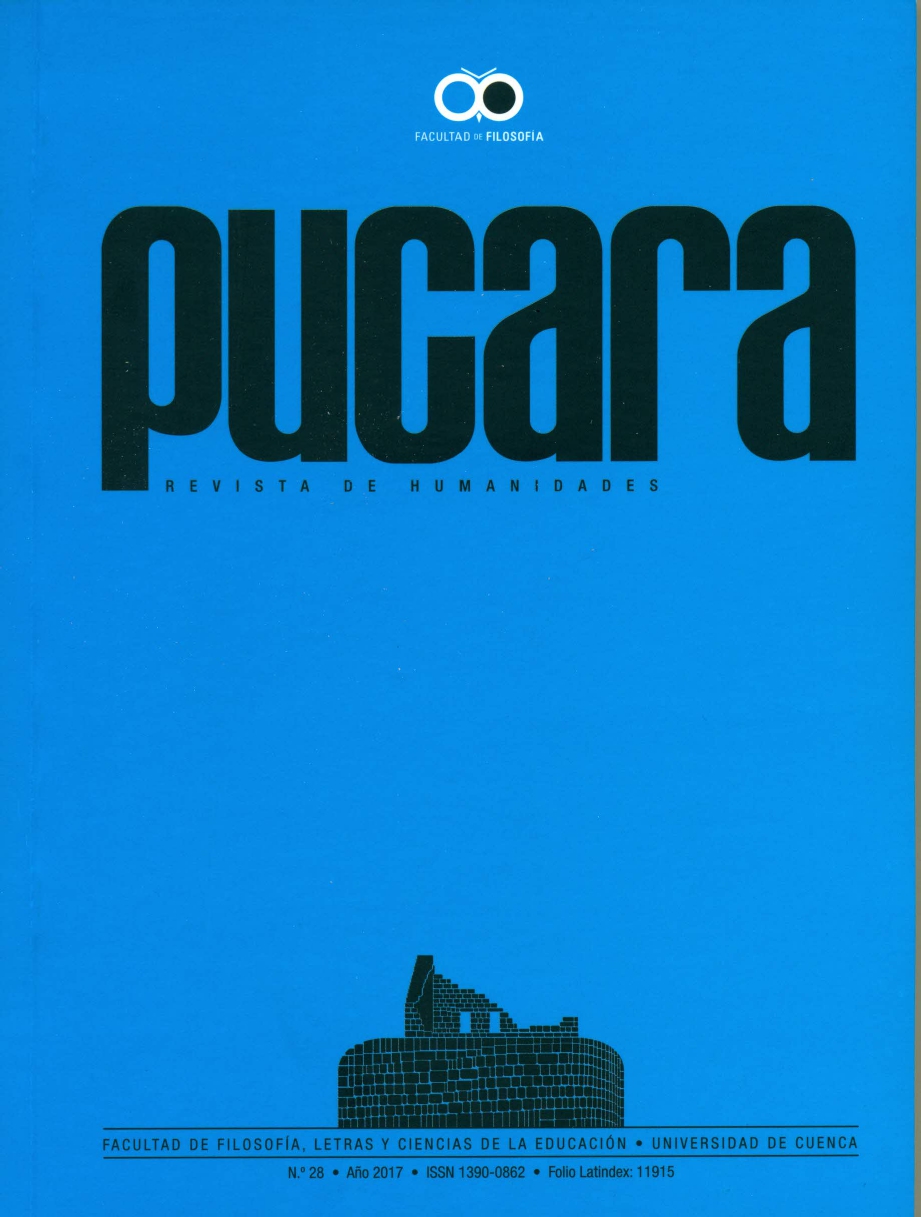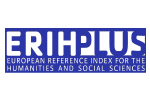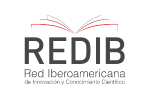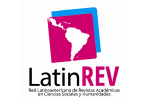Los límites de lo íntimo. Reflexiones sobre la ‘escritura privada’ a partir de la novela póstuma de José María Arguedas
DOI:
https://doi.org/10.18537/puc.28.07Palabras clave:
José María Arguedas, El zorro de arriba y el zorro de abajo, novela latinoamericana, diarios íntimos, lenguaje.Resumen
Tomando como punto de partida los diarios íntimos incluidos en la última e inacabada novela de José María Arguedas, El zorro de arriba y el zorro de abajo (1971), se busca reflexionar sobre las relaciones —problemáticas, conflictivas— que existen entre experiencia y escritura. Siendo los diarios íntimos, en principio, una forma de escritura privada —y como tal ajena al acto público de la escritura impresa—, su presencia en una novela plantea una contradicción que implica un cuestionamiento al estatuto mismo del lenguaje como código y vehículo capaz, en teoría, de articular un sentido de la experiencia humana. El artículo recoge esta supuesta contradicción y, siguiendo el proceso visible en la novela póstuma del escritor peruano, traza una mirada que pone en cuestión las nociones habituales de “lo íntimo” y su relación con la escritura, la representación y el arte.
Descargas
Citas
Alberca, Manuel. (1996). “El pacto ambiguo”. En Boletín de la Unidad de Estudios Biográficos, n.º 1 (pp. 9-19). Barcelona: Universidad de Barcelona.
Alberca, Manuel. (2000). La escritura invisible: testimonios sobre el diario íntimo, colección Tinta Náufraga n.° 1, prólogo de Philippe Lejeune. Oiartzún: Sendoa.
Alberca, Manuel. (2007). El pacto ambiguo. De la novela autobiográfica a la autoficción, prólogo de Justo Navarro. Madrid: Editorial Biblioteca Nueva.
Arguedas, José María. (2006) [1971]. El zorro de arriba y el zorro de abajo. Colección Los ríos profundos. Caracas: Editorial El perro y la rana.
Faix, Dóra. (2013). “La autoficción como teoría y su uso práctico en la enseñanza universitaria de la literatura”. En Actas del I Congreso Internacional de Didáctica de Español como Lengua Extranjera (pp. 129-138). Budapest: Instituto Cervantes.
Giordano, Alberto. (2006). Una posibilidad de vida. Escrituras íntimas. Rosario: Beatriz Viterbo Editora.
Molloy, Sylvia. (1996). Acto de presencia. La escritura autobiográfica en Hispanoamérica. México: Fondo de Cultura Económica.
Nietzsche, Friedrich. (2000-2002) [1889]. El ocaso de los ídolos (o cómo se filosofa a martillazos). Proyecto Espartaco. Recuperado de http://datateca.unad.edu.co/ contenidos/401217/nietzsche-el-ocaso-delos-idolos.pdf
Oyarzún, Luis. (1990) Diario. Edición y prólogo de L. Morales. Concepción: Ediciones LAR.
Pérez Villalobos, Carlos. (2009). “Diario íntimo y escritura”. En Dieta de archivo. Memoria, crítica y ficción (pp. 129-136). Colección Rabo del Ojo. Santiago: Universidad Arcis.
Rousset, Jean. (1983). “Le Journal intime, texte sans destinataire?”. En Poétique 56, París.
Salem, Diana B. (2012). El yugo de la memoria: autoficciones, prólogo de Cristina Bulacio. Buenos Aires: Biblos.
Publicado
Cómo citar
Número
Sección
Licencia
Derechos de autor 2017 Andrés Landázuri Suárez

Esta obra está bajo una licencia internacional Creative Commons Atribución-NoComercial-CompartirIgual 4.0.
Copyright © Autors

Usted es libre de:
 |
Compartir — compartir y redistribuir el material publicado en cualquier medio o formato. |
 |
Adaptar — combinar, transformar y construir sobre el material para cualquier propósito, incluso comercialmente. |
Bajo las siguientes condiciones:
 |
Atribución — Debe otorgar el crédito correspondiente, proporcionar un enlace a la licencia e indicar si se realizaron cambios. Puede hacerlo de cualquier manera razonable, pero de ninguna manera que sugiera que el licenciador lo respalda a usted o a su uso. |
| No comercial — No puede utilizar el material con fines comerciales. | |
| Compartir Igual— si remezcla, transforma o desarrolla el material, debe distribuir sus contribuciones bajo la misma licencia que el original. |
| Sin restricciones adicionales: no puede aplicar términos legales o medidas tecnológicas que restrinjan legalmente a otros a hacer cualquier cosa que permita la licencia. |
Mayor información sobre este acuerdo de autoría y licencia, transferencia de derechos o solicitudes de reproducción, pueden ser consultados en este enlace.












